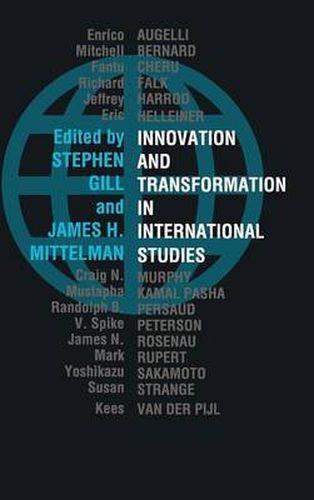Readings Newsletter
Become a Readings Member to make your shopping experience even easier.
Sign in or sign up for free!
You’re not far away from qualifying for FREE standard shipping within Australia
You’ve qualified for FREE standard shipping within Australia
The cart is loading…






This book explores the nature of, and conditions for, theoretical innovation in international studies. Highlighting classic and new research problems, this collection of critically minded, original essays pushes international relations scholarship in uncharted directions. Bridging social theory and international relations theory, it searches for sources of intellectual innovation in the everyday lives of ordinary people. The seventeen contributors are drawn from four continents and include such leading scholars as Richard Falk, James Rosenau, Yoshikazu Sakamoto, and Susan Strange. Although a diverse group, they find the contemporary world order is in the throes of a structural transformation, which can be partly understood in terms of emancipation: the self-actualisation of human potential and community that looks beyond the current era in which neo-liberal globalisation is dominant, to a more democratic and just world order.
$9.00 standard shipping within Australia
FREE standard shipping within Australia for orders over $100.00
Express & International shipping calculated at checkout
This book explores the nature of, and conditions for, theoretical innovation in international studies. Highlighting classic and new research problems, this collection of critically minded, original essays pushes international relations scholarship in uncharted directions. Bridging social theory and international relations theory, it searches for sources of intellectual innovation in the everyday lives of ordinary people. The seventeen contributors are drawn from four continents and include such leading scholars as Richard Falk, James Rosenau, Yoshikazu Sakamoto, and Susan Strange. Although a diverse group, they find the contemporary world order is in the throes of a structural transformation, which can be partly understood in terms of emancipation: the self-actualisation of human potential and community that looks beyond the current era in which neo-liberal globalisation is dominant, to a more democratic and just world order.